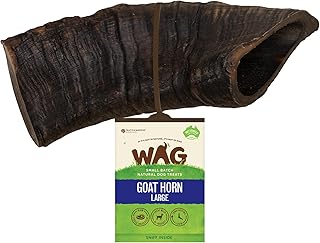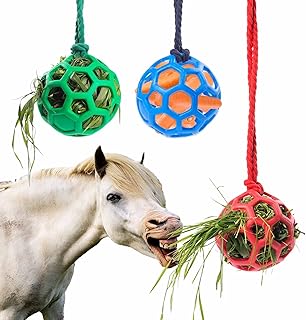As the holiday season fades away and Christmas trees shed their needles, Ontario farmers have found a creative way to repurpose them. Rodrigues Farm in Ayr and Top Market Meats in Ariss have discovered that discarded Christmas trees can serve as a nutritious treat for their livestock, particularly their goats.
Leslie Zinger from Top Market Meats has been collecting Christmas trees for about eight years. She mentioned that the pine needles and branches are beneficial for the goats’ digestive system, acting as a natural cleanser similar to fiber in humans. These evergreens are eagerly devoured by the goats, who eagerly nibble on the needles, branches, and bark.
Zinger excitedly shared that the goats exhibit sheer joy when they spot the trees, often engaging in a playful dance before indulging in their newfound treat. The trees not only provide a flavorful snack but also contribute to sustainable practices on the farm, as the leftover wood is utilized to heat the barn.
At Sarah Rodrigues’ farm in Ayr, a smaller operation compared to Top Market Meats, the goats also benefit from the nutrient-rich Christmas trees. Rodrigues, who raises goats for dairy and show purposes, emphasizes the importance of these trees in supplementing the animals’ diet during winter when pasture resources may be limited.
Encouraging the community to support local farmers, Rodrigues hopes for increased tree donations to sustain her expanding herd. She stresses the essential role that Christmas trees play in providing vital nutrients to the goats, ensuring their well-being throughout the colder months.
While some regions compost Christmas trees for environmental purposes, the Region of Waterloo advises residents to remove decorations and stands before disposal. Kathleen Barsoum, from Region of Waterloo Waste Management, emphasizes the significance of proper tree disposal to facilitate composting and prevent environmental harm.
Barsoum also highlights the need to cut down taller trees for disposal and reminds the public that artificial trees are not part of the composting program. She encourages residents to consider alternative uses for trees, such as bird feeders or nesting materials, to prolong their utility and benefit local wildlife.
Ultimately, the tradition of recycling Christmas trees for livestock feed not only benefits the animals’ health but also underscores the importance of sustainable practices in farming. By repurposing these festive symbols into nourishing treats, farmers like Zinger and Rodrigues are exemplifying innovative ways to reduce waste and support the well-being of their animals.
📰 Related Articles
- Expert Picks: Best Artificial Christmas Trees for 2025
- World of Coffee Geneva Showcases Global Innovation and Sustainability
- Willingness to Spend on Organic Beauty Reflects Sustainability Shift
- Wilga: Luxury Home Blending Sustainability and Serenity in Sydney
- Waste Paper Recycling Market Growth Driven by Sustainability Trends






